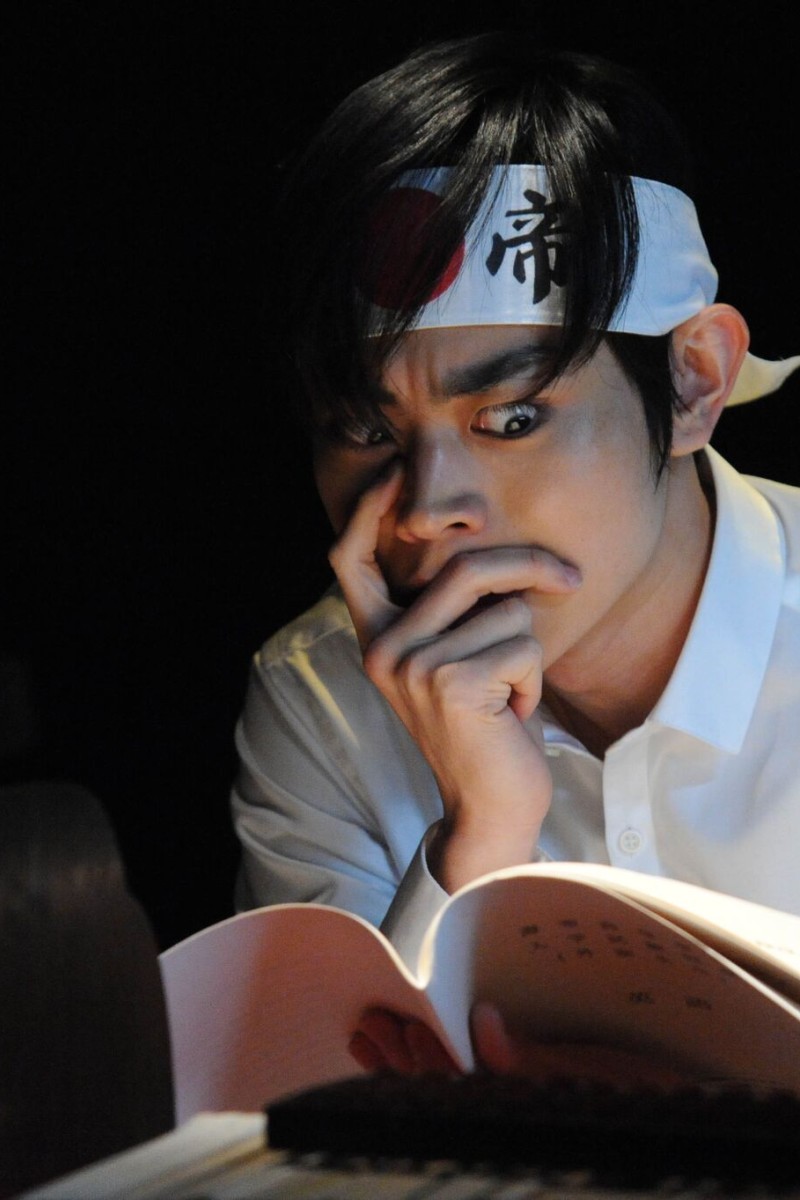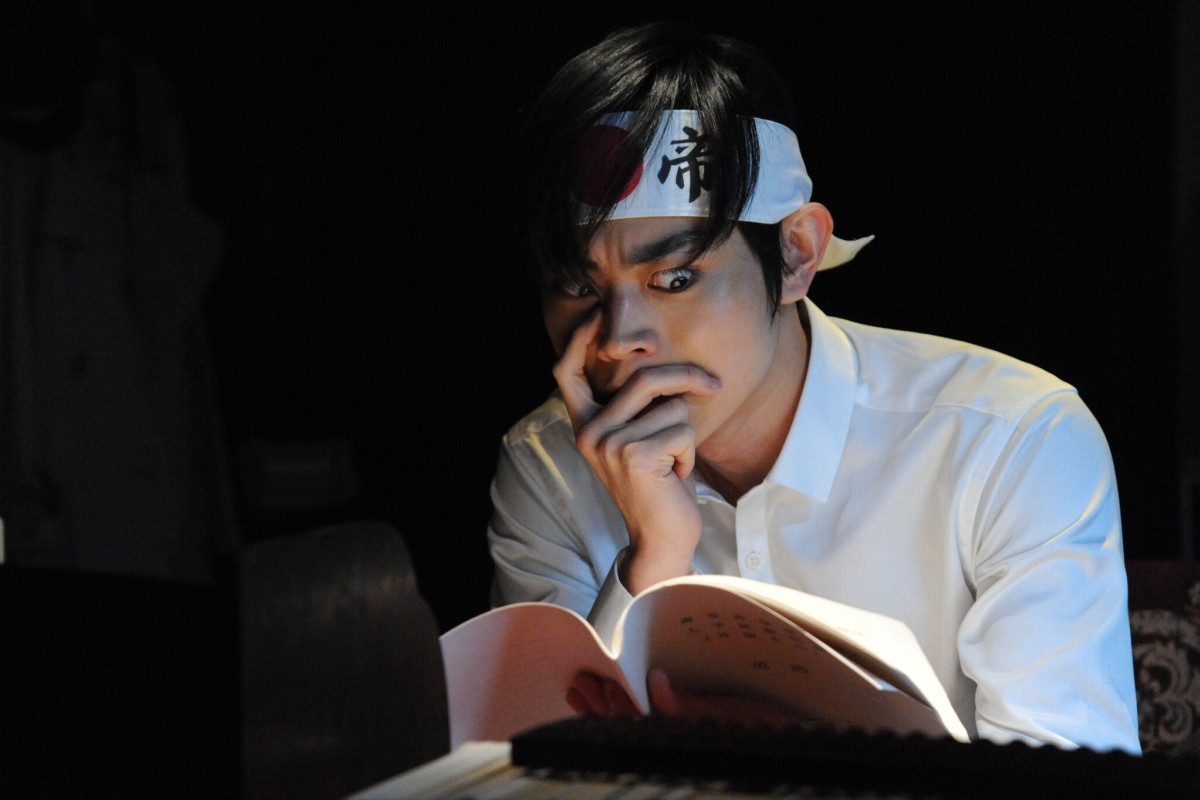
Japanese satire Teiichi: Battle of Supreme High a surprise hit that pokes fun at the absurdity of high school politics [Review]
Great acting and amusing plot twists make this adaptation of popular manga series a fun time for everyone
 Teiichi struggles with a different math problem but it's the least of his worries.
Teiichi struggles with a different math problem but it's the least of his worries.There are many reasons why Teiichi: Battle of Supreme High was known as a dark horse of the Japanese cinema when it was first released in April. The wacky political satire is consistently unpredictable, whether it’s the offbeat jokes or exaggerated plot.
The comedy follows first year private school student Teiichi Akaba (Masaki Suda) whose goal is to become the prime minister and establish his own empire. Studying at a prestigious school famous for nurturing future elites, Teiichi’s fight to become the Student Council President starts now, as his father pushes him to defeat the son of his own political rival.
Based on Usamaru Furuya’s manga series of the same name, Teiichi: Battle of Supreme High certainly does not disappoint. All the lead characters convincingly manifest unique characteristics with spot-on acting, none more so than the ambitious perfectionist title character, Teiichi.
Actor Shuhei Nomura also shines as Kikuma Togo, Teiichi’s destined rival and the son of his father’s lifelong enemy, who is less talented than our protagonist and must use wily schemes to catch up. Watching their fun facial expressions and sometimes absurd behaviour, you will have a hard time holding back your laughter throughout the entire movie.
While the audience may chuckle at the silly and extreme tactics of the characters who are fiercely competing in the student election, they also serve to reveal the dark side of politics and bureaucracy in society. With political maneuverings such as bribery, lying and betrayal as the norm, the school is a microcosm of society to show the ugly nature of the political system and governmental bodies.
There will also be moments when you expect certain things to happen, only to realise that you’ve been fooled by the clever red herrings left by director Akira Nagai. With interesting plot twists and a distinct narrative style, the movie also touches on themes such as meeting parental expectations and attitudes towards boys’ love in Japan.
The movie poster and trailer don’t do enough justice to this exceptionally amusing comedy. It’s a highly recommended film for people all ages and you definitely won’t feel like you’re the only one laughing because everyone in the cinema will be laughing along with you.
Edited by Jamie Lam
